Influences
My father was a singer, guitarist, and sax player in a number of regional bands. Two memories of watching him play at home: the way my body thrummed with the vibration of a plucked guitar string, and my terror over his amp’s spring reverb when dropped, like a dog to a vacuum cleaner. Many evenings were spent at home listening to albums with my parents, especially early Barry Manilow, and though I knew nothing of music, I certainly absorbed arrangement and composition theory through osmosis.
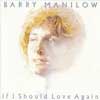
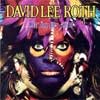
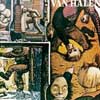
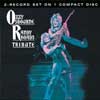
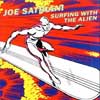
I took up guitar at age 13, soon thereafter wandering Sears under heavy sedation following oral surgery. The cover of David Lee Roth’s Eat ‘Em and Smile screamed at me, and I just had to know what that feral beast sounded like. On the turntable, though, it was Steve Vai’s growling, acrobatic guitar hysterics that dared me to take command of the instrument. I connected the dots from Roth to Van Halen, which kept me in the woodshed through most of high school. Randy Rhoads, George Lynch, Nuno Bettencourt, Vito Bratta, Joe Satriani—I was obsessed with adding their techniques to my arsenal. Hendrix, Stevie Ray, Gilmour. I remember learning The Wall in its entirety. In college it was stuff like Eric Johnson, Michael Hedges, and Jeff Beck. I can’t play like them, but their mastery of the instrument continues to push me.
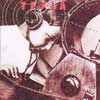
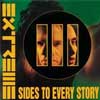
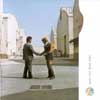
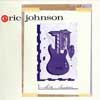
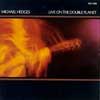
Once I started recording—first on a little cassette four-track, then in pro studios with bands, and later at home in my own studio—the bigger songwriting picture became my focus. I spent more time playing keyboards, bass, and singing (horribly) to get my ideas across. Lyrically, I’ve always been inspired by those who write with lots of metaphor and symbolism, allowing the listener to interpret and participate. My songwriting has simplified, and these days I find myself drawn to a lot of singer/songwriters like Jason Isbell, Tom Waits, and Jeff Buckley, as well as fusion/prog musos like The Aristocrats, Vulfpeck, Steely Dan, Neal Morse, Steven Wilson, and The Winery Dogs. And of course classics like Stevie Wonder, Deep Purple, and The Beach Boys.
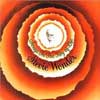
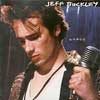
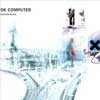
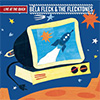
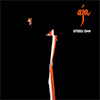
For more about my favorite music and entertainment, check out the lists in this post.
Here are iPhone concert clips of some players I’ve been lucky to witness in recent years.









